
Capacity Building Workshops
Discover upcoming complimentary Capacity Building Workshops exclusively for BGA business school members.
Read more
Below, you can find international case studies, showcasing how BGA accreditation has positively impacted business schools and their programmes across the globe.
Read about the challenges that business schools around the world have faced, and how BGA accreditation has provided them with the support and solutions to overcome them.
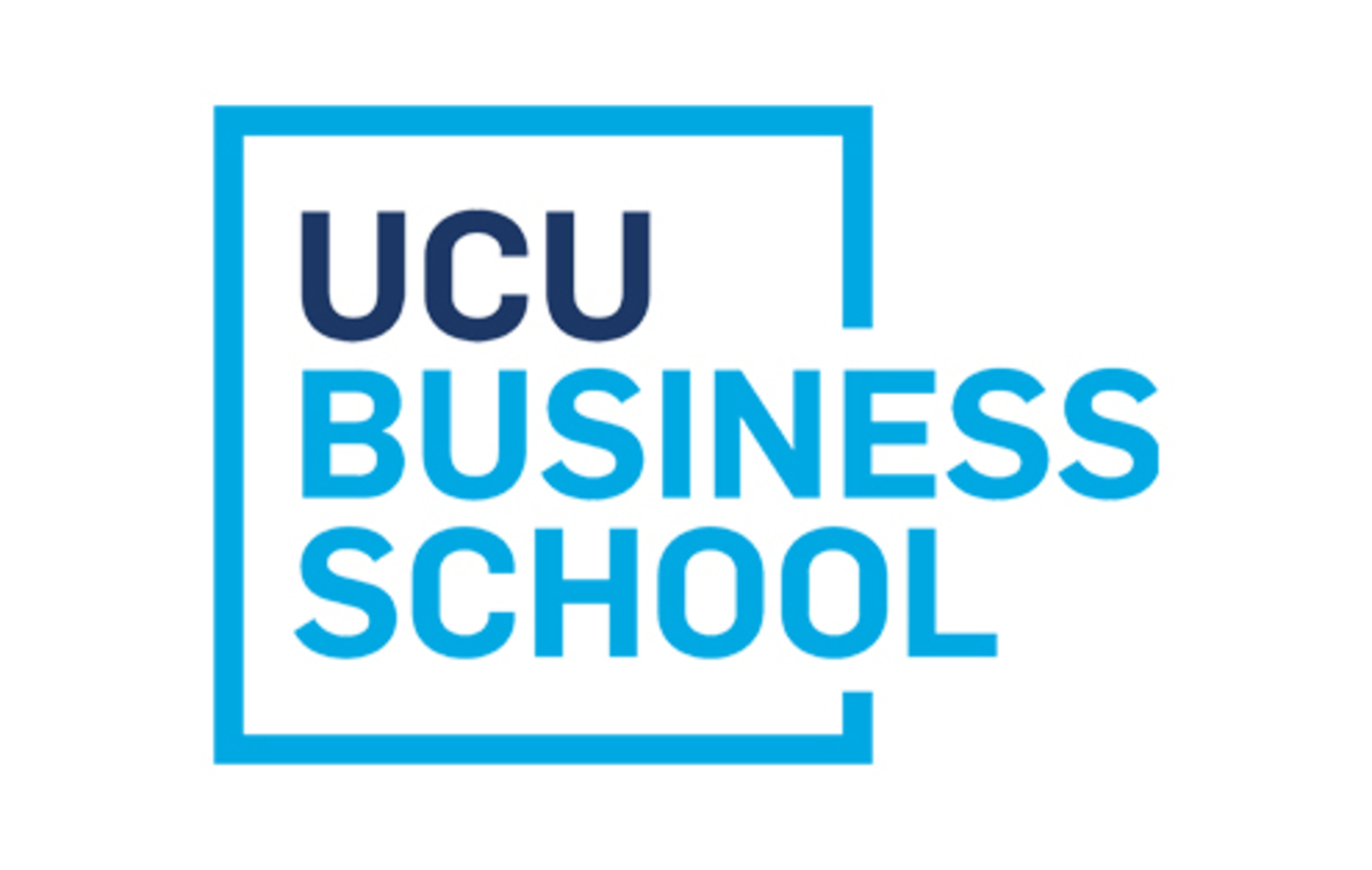
UCU Business School, Universidad Católica del Uruguay
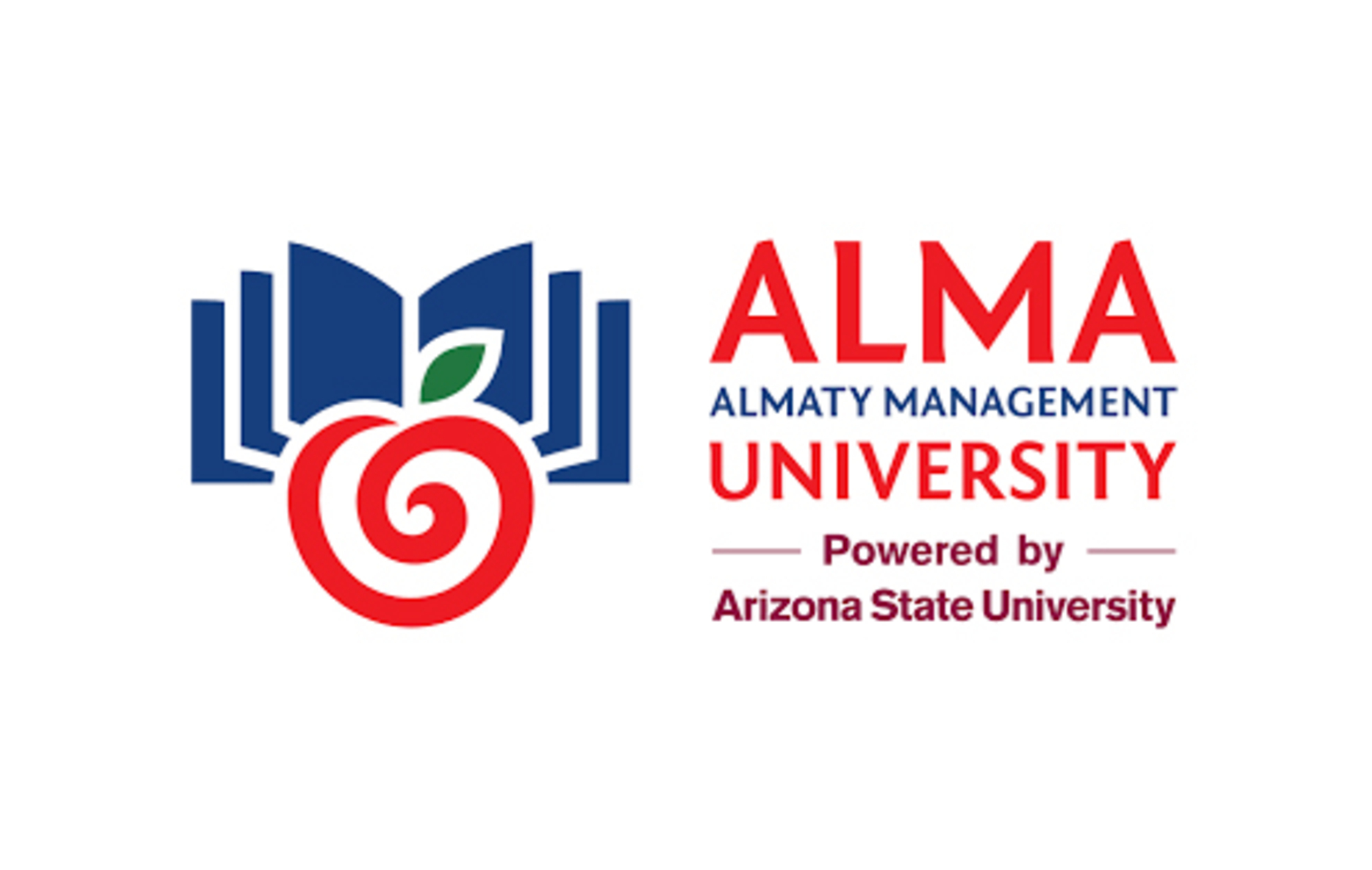
Graduate School of Business and School of Hospitality and Tourism, Almaty Management University
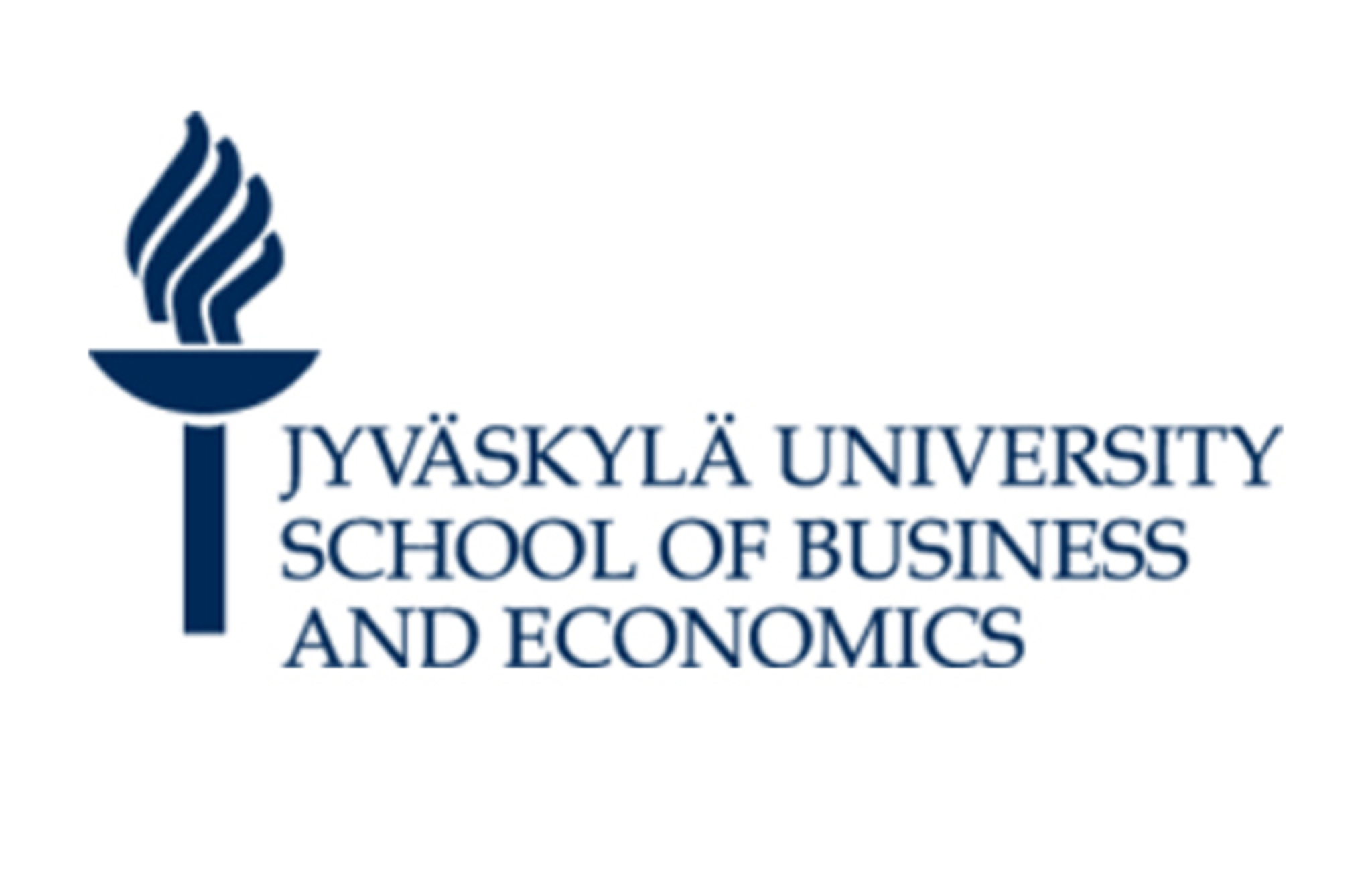
Jyväskylä University School of Business and Economics, University of Jyväskylä
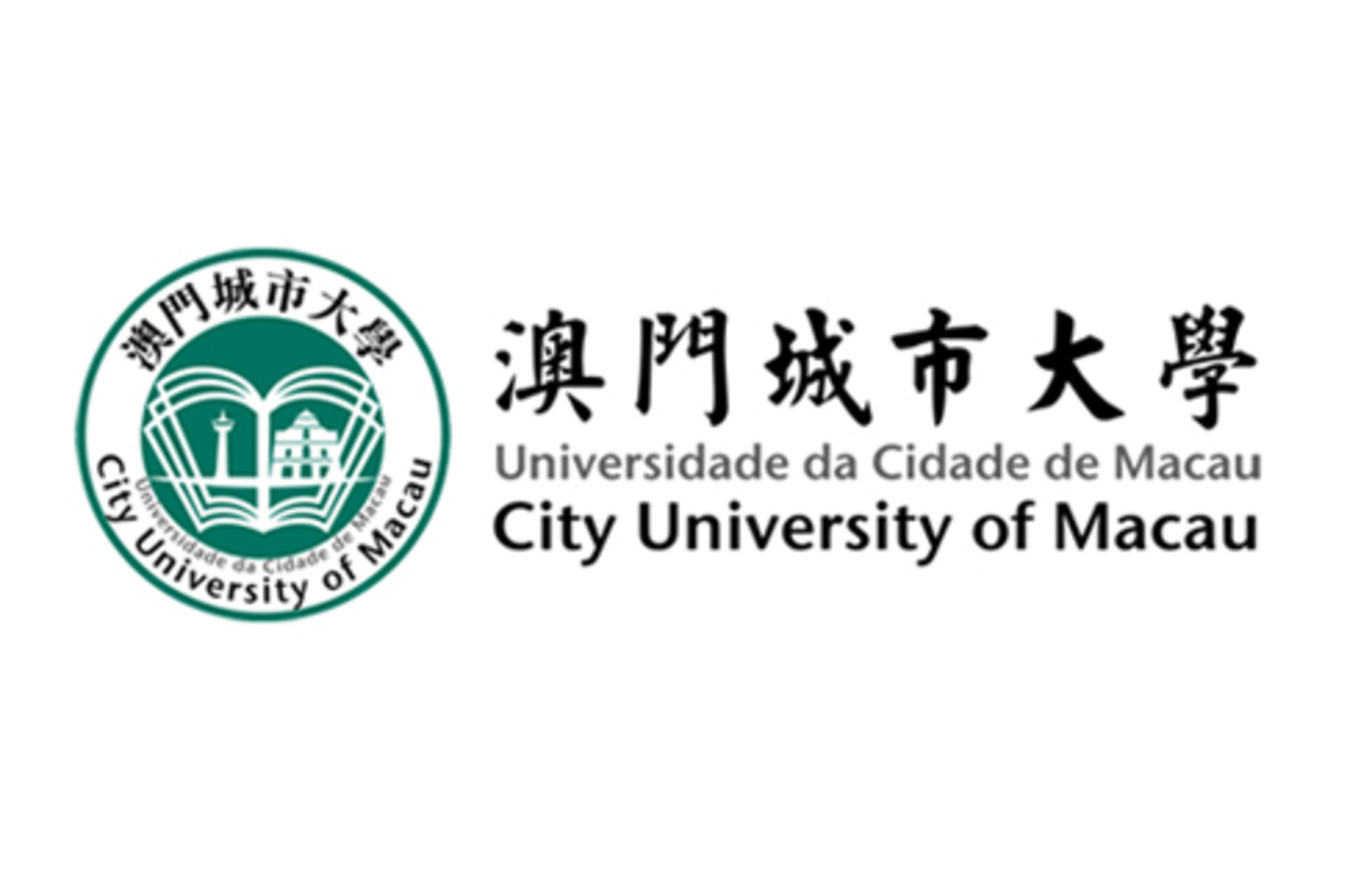
Faculty of Business, City University of Macau
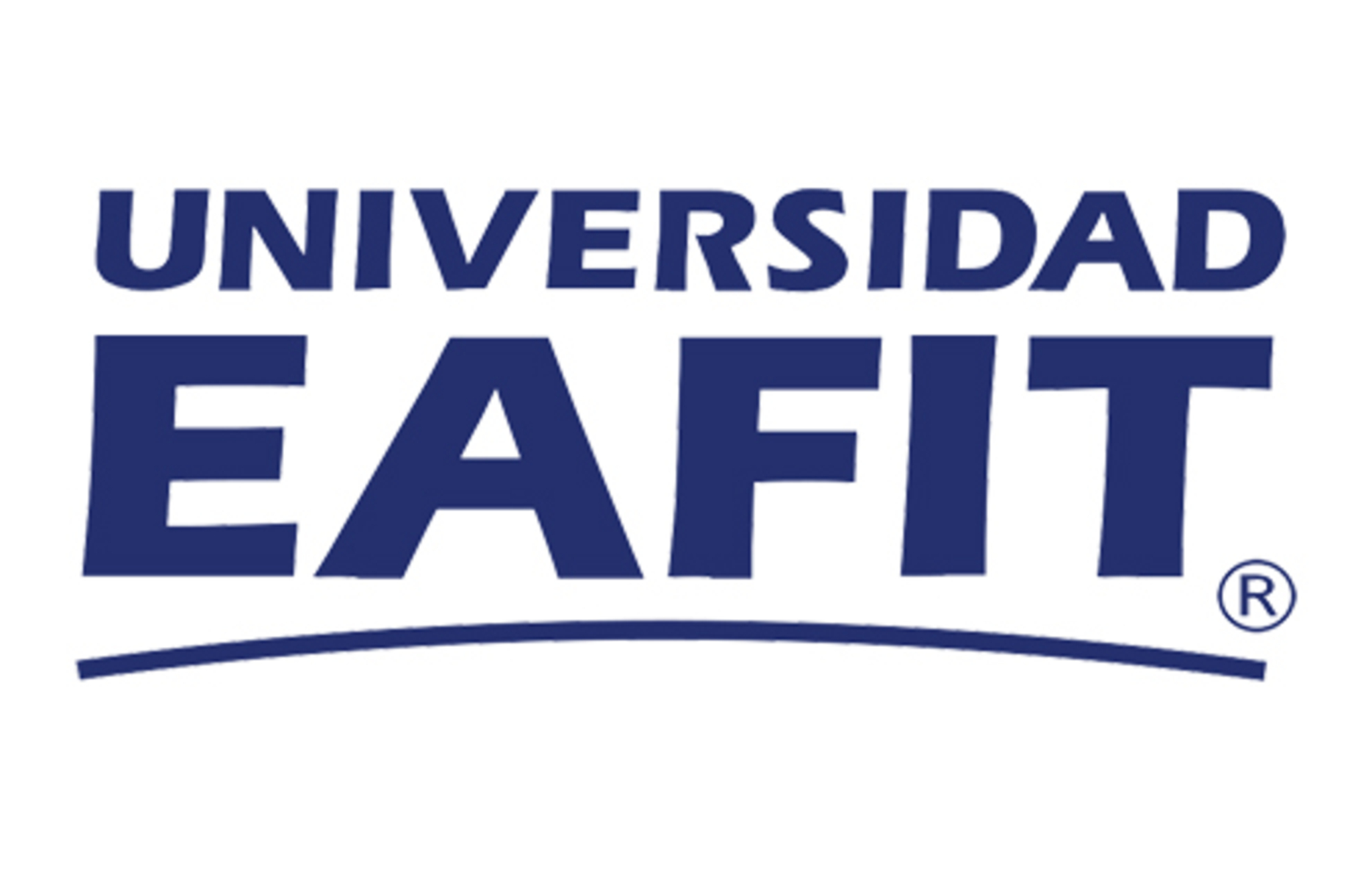
School of Management, EAFIT University
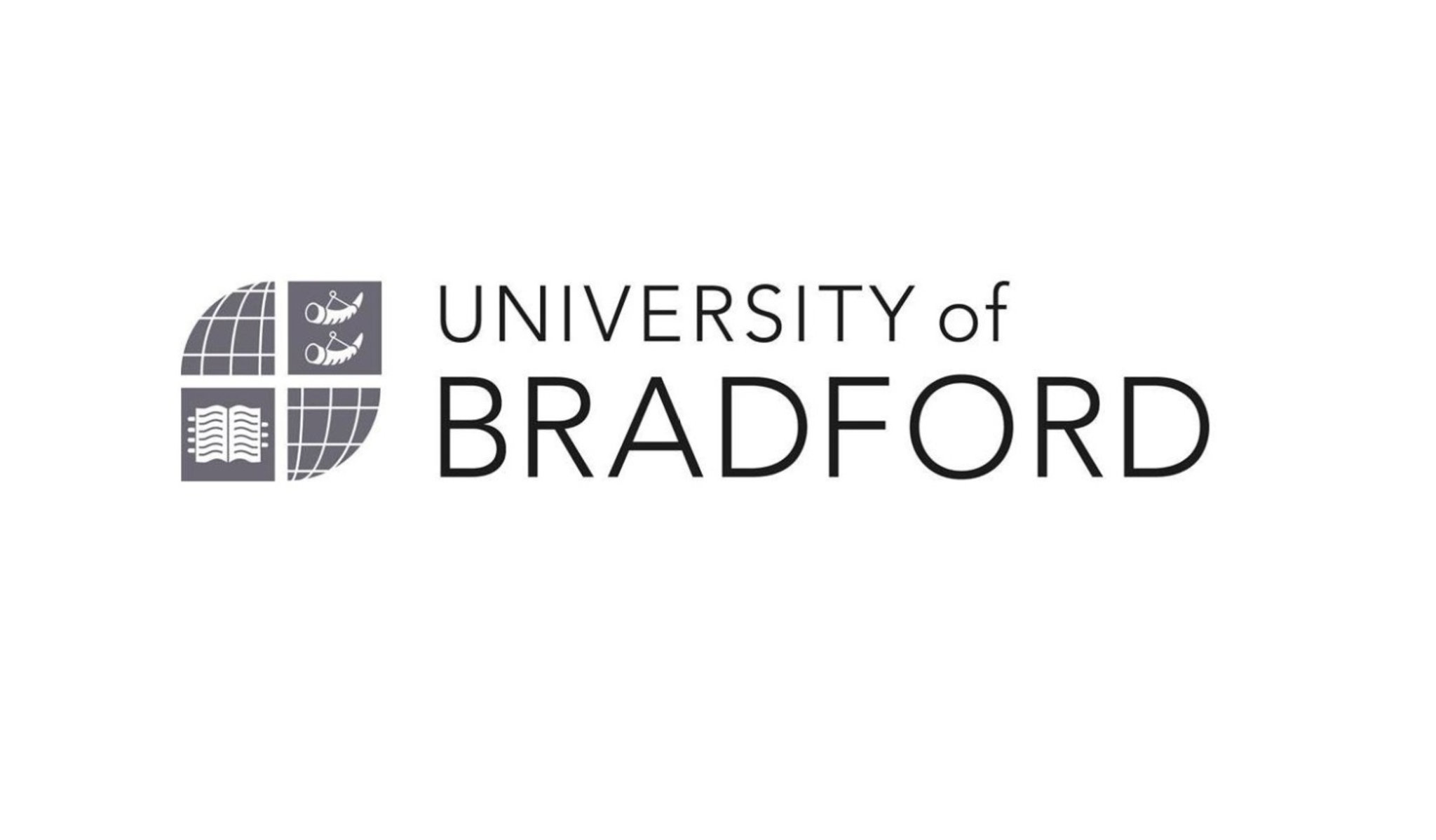
School of Management, University of Bradford

Discover upcoming complimentary Capacity Building Workshops exclusively for BGA business school members.
Read more
Download the Business Impact magazine, featuring contributions from members of the BGA network and leading figures in the business world.
Read more
Explore upcoming webinars designed for business school leaders and faculty members.
Read more
A membership designed to enhance, support and develop business schools around the globe.
Read more
Get your business school ready for accreditation—validation offers an efficient quality assurance process tailored for business schools.
Read more
A non-prescriptive, whole-school accreditation that is focused on positive impact, responsible management, and lifelong learning.
Read more